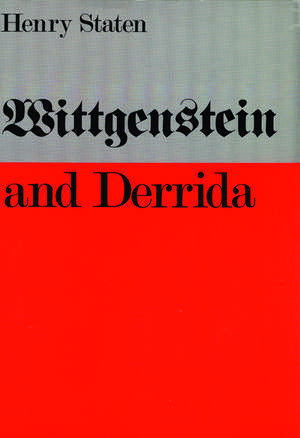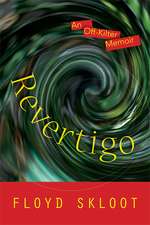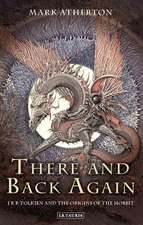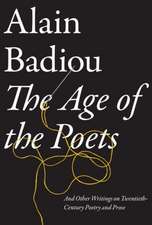Wittgenstein and Derrida
Autor Henry Statenen Limba Engleză Paperback – 30 noi 1986
"By linking Wittgenstein with Derrida, Staten suggests that the intellectual relevance of deconstruction is wider than the English-speaking public has recognized."—Studies in the Humanities
"This work is altogether first rate. It is informative, faithful, rigorous and completely original in its problematization. It is an original theoretical advance which I believe will mark an essential step forward in the field."—Jacques Derrida
"Staten has plenty of philosophical acuity and critical sensitivity as well as wide philosophical scholarship, and he writes in a clear, muscular style which illuminates the issues sometimes profoundly without in any way concealing their difficulty and complxity. . . . Wittgenstein and Derrida should be essential reading not only for anyone interested in the current critical debate but also for philosophers."—Bernard Harrison, University of Sussex, England
This book examines Aristotle, Kant, and especially Husserl to bring to light Derrida's development of the classical philosophical concepts of form (eidos), verbal formula (logos), the object-in-general, and time. The later work of Wittgenstein is then examined in detail and Wittgenstein's "zigzag" writing in the Philosophical Investigations is interpreted as deconstructive syntax, directed, like Derrida's work, against the dominance of the philosophical concern with the form of an entity.
Henry Staten is a professor of English and philosophy at the University of Utah.
"This work is altogether first rate. It is informative, faithful, rigorous and completely original in its problematization. It is an original theoretical advance which I believe will mark an essential step forward in the field."—Jacques Derrida
"Staten has plenty of philosophical acuity and critical sensitivity as well as wide philosophical scholarship, and he writes in a clear, muscular style which illuminates the issues sometimes profoundly without in any way concealing their difficulty and complxity. . . . Wittgenstein and Derrida should be essential reading not only for anyone interested in the current critical debate but also for philosophers."—Bernard Harrison, University of Sussex, England
This book examines Aristotle, Kant, and especially Husserl to bring to light Derrida's development of the classical philosophical concepts of form (eidos), verbal formula (logos), the object-in-general, and time. The later work of Wittgenstein is then examined in detail and Wittgenstein's "zigzag" writing in the Philosophical Investigations is interpreted as deconstructive syntax, directed, like Derrida's work, against the dominance of the philosophical concern with the form of an entity.
Henry Staten is a professor of English and philosophy at the University of Utah.
Preț: 178.15 lei
Nou
Puncte Express: 267
Preț estimativ în valută:
34.09€ • 35.59$ • 28.15£
34.09€ • 35.59$ • 28.15£
Carte tipărită la comandă
Livrare economică 15-29 aprilie
Preluare comenzi: 021 569.72.76
Specificații
ISBN-13: 9780803291690
ISBN-10: 0803291698
Pagini: 184
Ilustrații: black & white illustrations
Dimensiuni: 152 x 229 x 19 mm
Greutate: 0.29 kg
Editura: Nebraska Paperback
Colecția University of Nebraska Press
Locul publicării:United States
ISBN-10: 0803291698
Pagini: 184
Ilustrații: black & white illustrations
Dimensiuni: 152 x 229 x 19 mm
Greutate: 0.29 kg
Editura: Nebraska Paperback
Colecția University of Nebraska Press
Locul publicării:United States
Notă biografică
Henry Staten is a professor of English and philosophy at the University of Utah.















